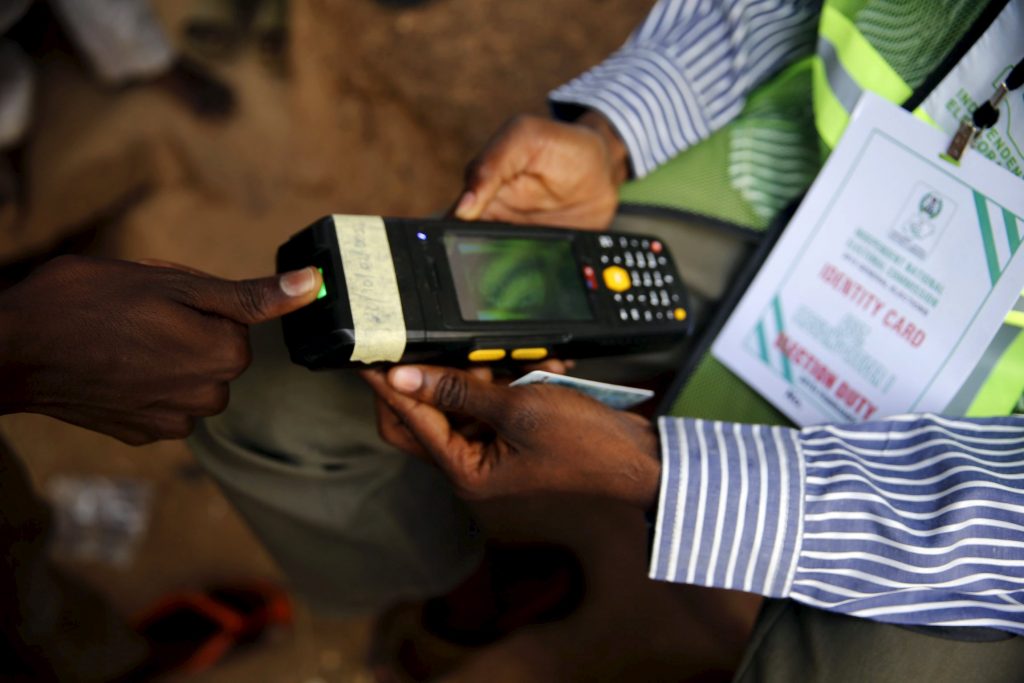The Senate has passed the harmonized Electoral Act Amendment Bill which includes approval for the electronic transmission of election results.
The Senate had set up a 7-man conference committee to meet with members of the House of Representatives Conference Committee to harmonise the differences in the Senate and House versions of the Electoral Act Amendment Bill.
Recall that earlier this year, the Senate had restricted the Independent National Electoral Commission (INEC) from electronically transmitting results; stating Section 50(2) of the Electoral Act which completely outlaws transmission of votes by electronic means.
“Voting at an election under this Bill shall be in accordance with the procedures determined by the commission, which may include electronic voting provided that the Commission shall not transmit results of the election by electronic means,” the Act reads.
In October, the Senate then bowed to pressure and gave the Independent National Electoral Commission (INEC) the sole power to determine the mode of transmission of results.
The new amendment of Clause 52 (2) of the Electoral Act Amendment Bill agreed upon by the Senate states that “voting at an election and transmission of results under this Bill shall be in accordance with the procedure determined by the Commission, which may include electronic voting.”
Shortly after the Senate’s approval, the House Of Representatives also passed the bill, completing the process of amending the Electoral Act Amendment Bill.
Electronic voting process


In a bid to ensure that elections are credible, the Independent National Electoral Commission (INEC) has often turned to electronic means. One of them is the Smart Card Reader, to be used along with the Permanent Voters Card.
The latest addition is the Bimodal Voter Accreditation Device (BVAD) to capture the faces and fingerprints of voters. This device was put to test at the just concluded Anambra gubernatorial elections.
It however fell short as there were glitches with the electoral machines which caused delays and frustration among the voters. This ultimately led to the disenfranchisement of many voters.
It was so bad that INEC had to announce an extension of voting just to give people the chance to exercise their civic duty.
As for the electronic transmission of results, there are still mixed opinions. While it might give credibility to elections, there is also the fact that there are still remote areas in Nigeria that do not have access to networks.
Therefore, it still remains to be seen the measure of success that will be achieved with the electronic transmission of election results.






